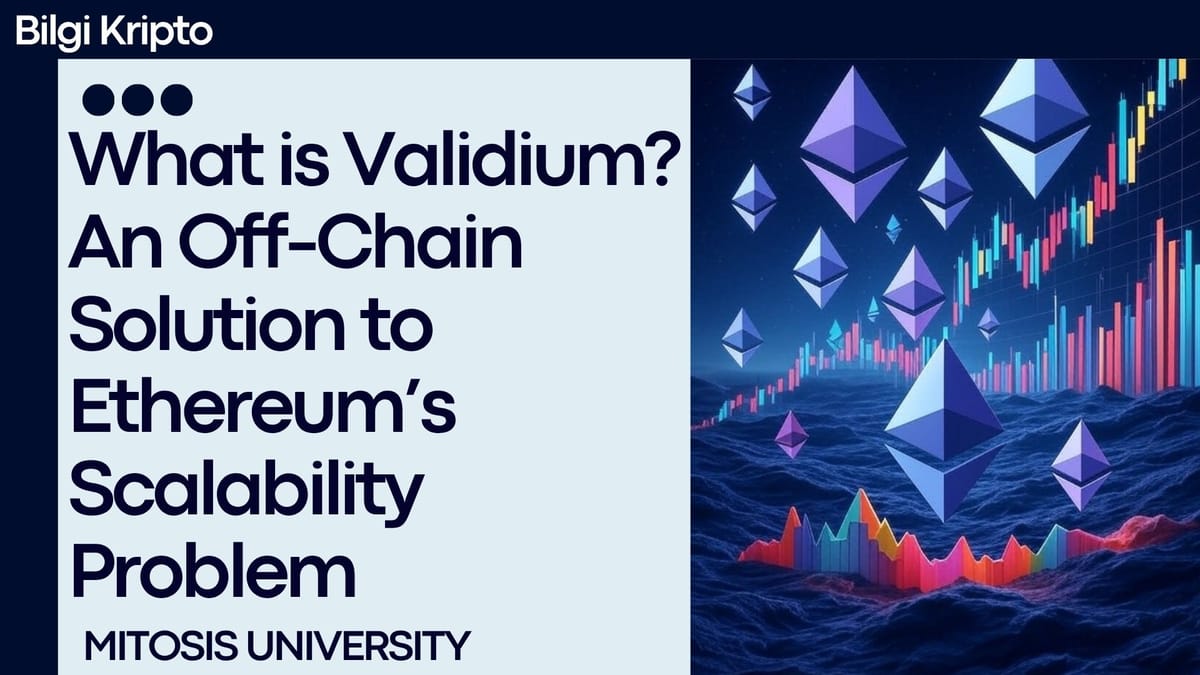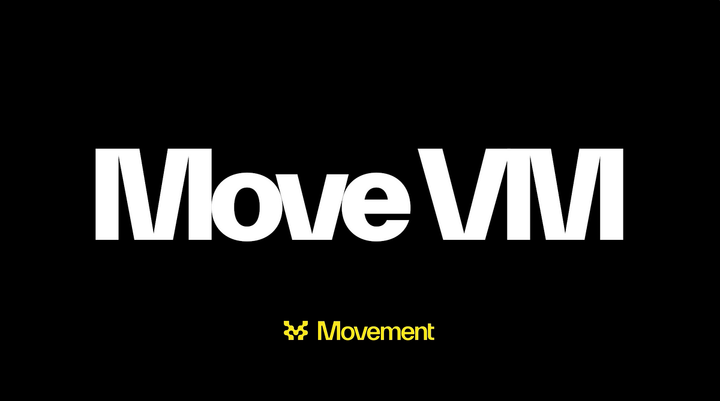What is Validium? An Off-Chain Solution to Ethereum’s Scalability Problem

Blockchain technology continues to grow, but scalability remains one of the most pressing issues to solve. On major networks like Ethereum, transaction fees can rise significantly, and network congestion may negatively impact user experience.
So, what’s the solution? This is where Validiums come into play.
In this article, we will explore what Validiums are, how they work, their advantages and limitations, and why they play a critical role in the Web3 ecosystem.
What is Validium?
Validium is a Layer 2 scaling solution developed for Ethereum. At its core, it performs the following:
- Processes transactions off the Ethereum mainnet
- Ensures correctness through zero-knowledge proofs (ZKPs)
In other words, Validium executes transactions outside the Ethereum network to reduce congestion but uses cryptographic proofs to guarantee their accuracy.

How is it Different from ZK-Rollup?
ZK-Rollups store transaction data on-chain, whereas Validiums keep that data off-chain. This significantly reduces transaction costs and allows a much higher volume of transactions to be processed.
How Does Validium Work?
The core logic of Validium can be broken down into three main components:
1. Transaction Submission and Aggregation
- Users send their transactions to a Validium operator
- The operator aggregates and processes these transactions off-chain
- After processing, a “validity proof” is generated
2. Generating the Validity Proof
The operator creates a ZKP to prove that the transactions were executed correctly. This proof is then sent to a smart contract running on the Ethereum network.
If Ethereum verifies the proof, the transactions are considered valid.
3. State Updates
Validium maintains a Merkle tree structure to record its transaction history. After each transaction batch, the tree’s “state root” is updated and sent to Ethereum. This guarantees the accuracy of off-chain transactions.
Example Scenario: Shopping App
Ayşe wants to make a quick payment using an Ethereum-based shopping app but is frustrated by high fees and slow transaction times.
If the app is powered by Validium:
- Ayşe’s transaction is processed off-chain
- The payment is fast, secure, and inexpensive
- Ethereum only verifies the validity proof
As a result, both the user and the network benefit.
Advantages of Validium
1. High Transaction Throughput
Validiums can handle thousands of transactions per second (TPS), making them ideal for high-volume applications like NFT marketplaces and decentralized exchanges (DEXs).
2. Low Transaction Fees
Since transaction data isn't stored on Ethereum, gas fees are significantly reduced, offering a more economical user experience.
3. Enhanced Privacy and Security
Off-chain data processing means transaction details are not publicly visible, providing an additional layer of privacy.

Limitations and Challenges of Validium
1. Data Availability Risk
Because transaction data is stored off-chain, loss of this data can prevent users from accessing their funds. Reliable "data availability managers" or backup systems are crucial.
2. Centralization Concerns
Generating ZKPs requires powerful hardware, which may limit participation to a few organizations potentially undermining decentralization.
3. Limited Smart Contract Support
Validiums may struggle with complex smart contracts due to the increased computation required to verify their accuracy.
Where is Validium Used?
Simple Payment Systems
- In apps requiring fast token transfers
- For microtransactions
- In Web3 games where user experience is key
NFT Applications
Validium can be ideal for minting and trading NFTs due to its low-cost infrastructure.
DeFi Projects
DEXs can benefit from Validium's high-speed, low-fee transaction processing.
Looking Ahead: What Does Validium Promise?
For Ethereum to be globally accessible, scalable solutions are essential. Validium represents a powerful answer to this need.
Possible future developments include:
- More Web3 applications integrating with Validium
- Easier tools for ZKP generation
- Decentralized solutions for data availability
Conclusion
Validiums offer an off-chain solution to Ethereum’s scalability issues, enabling low-cost, fast, and secure transactions. While challenges like data availability and centralization still exist, Validium has the potential to revolutionize Web3 infrastructure when implemented correctly.
Everyone stepping into the Web3 world should understand Validium technology it’s a key to the next generation of blockchain scalability


Comments ()